A long-forgotten reality series from the 2000s has resurfaced online and viewers are shocked it ever made it to air.
On their Shameless podcast, Melbourne journalists Zara McDonald and Michelle Andrews revisited the controversial program, which only lasted one season.
‘Kid Nation followed a group of children aged between 8 and 15. It plonked them in the middle of nowhere,’ Andrews told listeners, who may or may not be familiar with the problematic show.
The hosts explained that the premise was for the kids to build a functioning society within a month without any adult help.
‘Is this Lord of the Flies?’ McDonald asked.
Andrews replied: ‘[It was] genuinely Lord of the Flies inspired. Sometimes they would do challenges and they would get a reward. One of the rewards was better outhouses, where they would use the toilet better.’
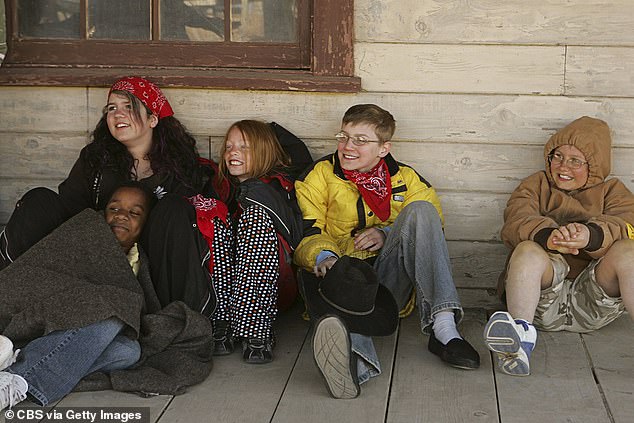
A long-forgotten reality series from the 2000s has resurfaced online and viewers are shocked it ever made it to air
The shocking conditions didn’t stop there as the children were filmed constantly.
Adults on set, like cameramen, producers, a child psychologist and a medic, were ‘encouraged to interact with the children as little as possible.’
‘How did this get through?’ McDonald questioned.
According to Andrews, the kids were competing for a bizarre prize: ‘They were vying for a gold star… some were worth $20,000. Others were worth $50,000. But the funniest part about this show — and again, it’s not funny, but it kind of is — a lot of these eight-year-olds were like, ‘What’s $50,000?’
Zara added: ‘How could you possibly conceptualize anything over $1,000?’
Behind the scenes, parents were reportedly required to sign off on a staggering legal waiver.
Unsurprisingly, Kid Nation only ran for one season before being axed.
But clips emerging across social media have reignited both outrage and nostalgia.
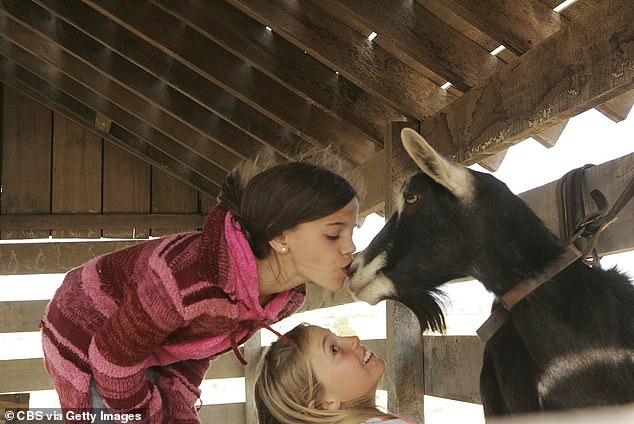
Upon airing, critics accused producers of creating a modern version of Lord Of The Flies – the novel in which a group of wartime evacuees descend into violence on a deserted island

The children, aged between eight and 15, were divided into four teams, which competed to end up as upper class winners, merchants, cooks or laborers
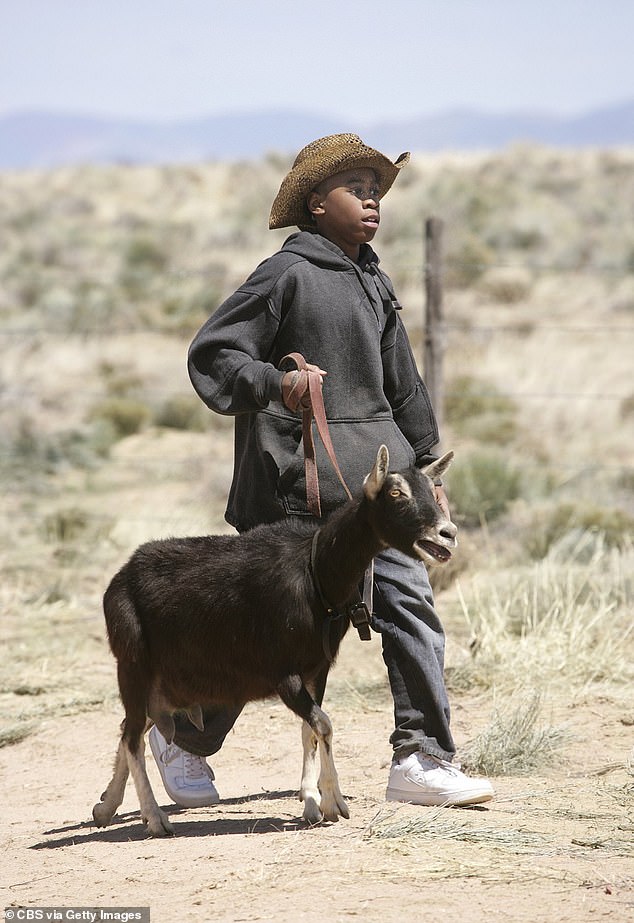
Despite the presence of cameramen, producers, a child psychologist and a medic, Andrews said adults were ‘encouraged to interact with the children as little as possible’
The comment section on social media was quickly flooded with reactions.
‘This show is my Roman Empire. I remember seeing it as a kid when it aired. People have not believed me that this happened,’ one viewer wrote.
Another added: ‘Absolutely loved it as a kid. I remember being so disappointed it never came back for another season and now as an adult I can’t believe it ever got made in the first place lol.’
A fourth commenter summed it up bluntly: ‘The boys were Lord of the Flies. The girls made a community.’
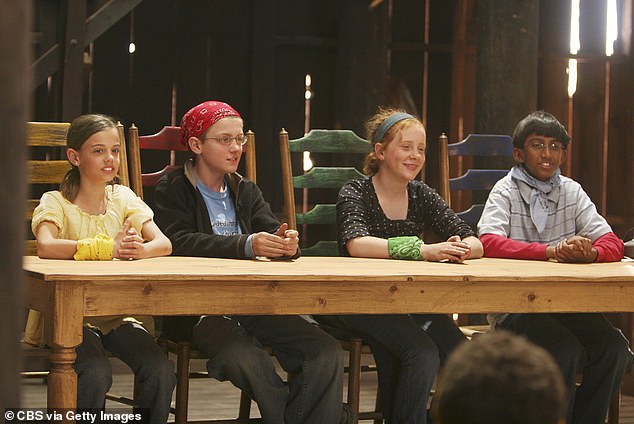
They cooked their own meals, hauled their own water and tried to establish law and order by building a functioning society

At the end of each week, a child was voted the winner of a gold star worth $20,000
Upon airing back in 2007, critics accused producers of creating a modern entertainment version of Lord Of The Flies – the novel in which a group of wartime evacuees descend into violence on a deserted island.
The children, aged between eight and 15, were divided into four teams, which competed to end up as upper class winners, merchants, cooks or laborers.
They cooked their own meals, hauled their own water and tried to establish law and order by building a functioning society.

Kid Nation took 40 youngsters, some as young as eight years old, and placed them in a remote New Mexico town for 40 days
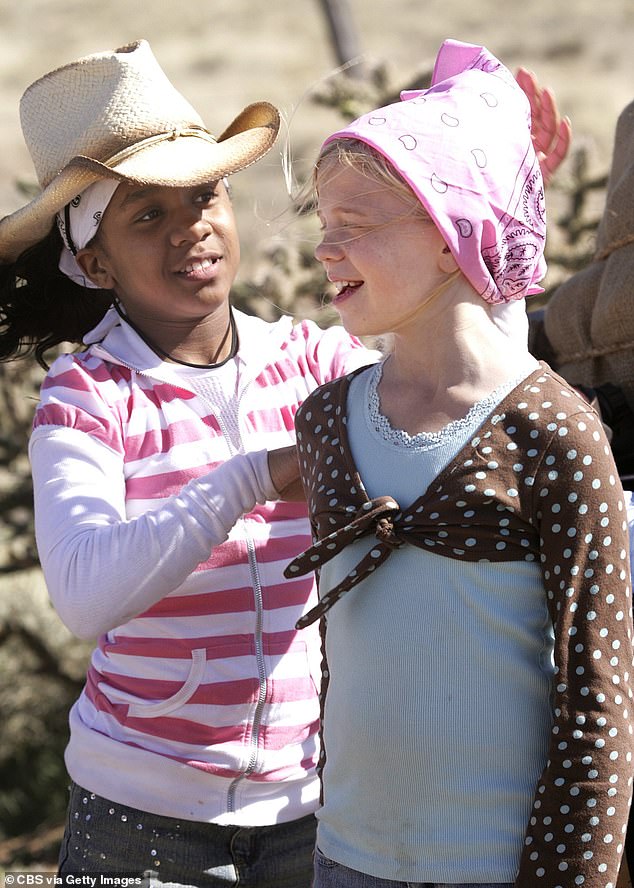
No outsiders were allowed into derelict Bonanza City and the children were left to rebuild the mining town with a system of rules and laws
At the end of each week, a child was voted the winner of a gold star worth $20,000.
Kid Nation took 40 youngsters, some as young as eight years old, and placed them in a remote New Mexico town for 40 days.
No outsiders were allowed into derelict Bonanza City and the children were left to rebuild the mining town with a system of rules and laws.
Four children needed medical attention after drinking bleach from an unmarked bottle and an 11-year-old girl’s face was burnt by splattered grease while cooking.
The young participants were up for 14 hours, seven days a week – and took more than a month off school to film the series.
At the time, Emmy-winning producer Tom Forman defended the program.
‘We had pediatricians and child psychologists, mostly standing back and watching the kids, with instructions to step in if something was going wrong,’ he said. ‘The kids went to bed whenever they wanted. That was part of our commitment.’
